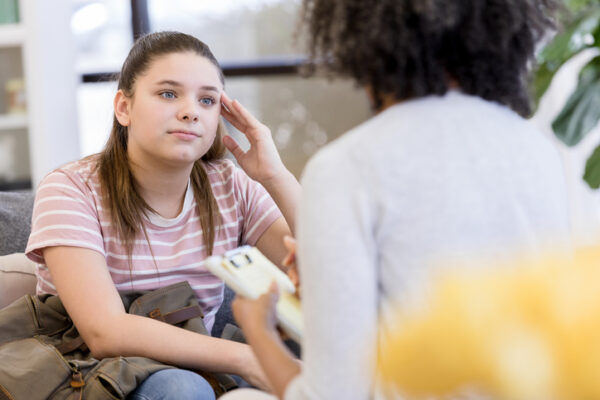
The Cigna Group Foundation announced Monday the first 22 grant recipients for its program addressing the youth mental health crisis.
Cigna is distributing about $3 million to the 22 grantees. Over the next three years, the company is allocating $9 million total to nonprofits focused on youth mental health through the grant program.
For about half of the 22 grantees, this is their first time receiving funding from Cigna. The recipients are in Arizona, Connecticut, Florida, Georgia, Illinois, Missouri, New Jersey, Pennsylvania, Tennessee and Texas. The grantees include Mindfulness First, McCall Foundation, Children’s Bereavement Center, Wings for Kids, Lion’s Pride Mentoring, New London Counseling Center, Conexión Américas and Planting Seeds.

The Power of One: Redefining Healthcare with an AI-Driven Unified Platform
In a landscape where complexity has long been the norm, the power of one lies not just in unification, but in intelligence and automation.
“We prioritize a data-led approach for all our philanthropic efforts, so The Cigna Group Foundation awards grants in regions where we have a significant number of customers with high and very high social determinants of health risks, as well as where we have a concentration of employees,” said Suzanne Klotz, president of The Cigna Group Foundation, in an email.
The program is centered on post-pandemic stress among those aged 5 to 18 years old, with a focus on school-based initiatives. In its first year, the grant program has three goals:
- Broaden the impact of initiatives that promote social-emotional skills and well-being
- Enhance the capacity of parents, caregivers and youth service professionals to provide support
- Improve access to mental health interventions and care
America’s youth were facing mental health challenges before Covid-19, but the pandemic dramatically worsened the crisis. Since 2018, there has been a 28% increase in young people with a mental health diagnosis and a 48% increase in those with at least two mental health diagnoses, according to research from Evernorth Health Services. And about two in five youths with a mental health diagnosis did not receive care within the first six months of their diagnosis.
“Four years later, we continue to see the critical need for both identification and treatment of mental health conditions, which now includes the impact the pandemic may have had on many youth. … The impact we want to make cannot be achieved alone. To help us deliver on our commitments, we’re partnering with innovative nonprofit organizations that already have the connections and capabilities to make real change through offering more programs, services and resources in local communities,” Klotz said.
As part of the youth mental health initiative, Cigna announced earlier this year that it is partnering with the Boys & Girls Club of America. The organization is using Cigna’s funding to create a teen mental health guide.
The $9 million youth mental health initiative is part of a larger $27 million three-year commitment that Cigna announced in April. Through the commitment, Cigna also recently unveiled the Cigna Group Health Equity Impact Fund, which will distribute $9 million over three years to address health disparities in local committees — starting in Houston, Texas, and Hartford, Connecticut. In addition to youth mental health and health equity, the commitment is focused on veteran mental health.
Photo: SDI Productions, Getty Images








